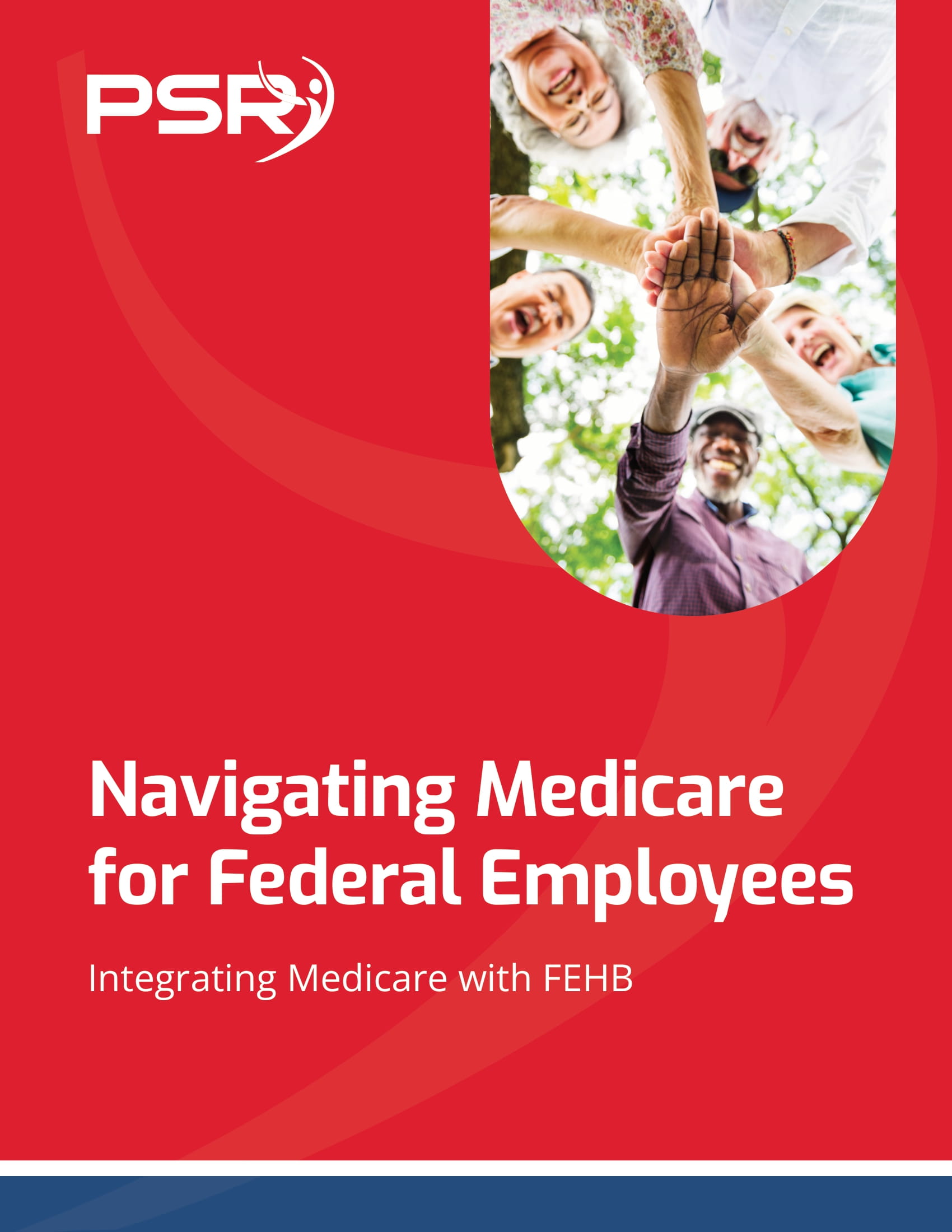Key Takeaways
-
Civilian military employees receive retirement benefits that differ significantly from both traditional military retirement and private sector plans, often leading to surprises after retirement.
-
Understanding nuances like military buyback, healthcare transitions, and pension structures is critical to fully realizing the long-term value of your service.
What Civilian Military Employment Really Means for Your Retirement
When you work alongside military personnel
- Also Read: Divorce and Your Federal Pension—What Happens When You Split Assets and How It Could Affect Your TSP
- Also Read: What Happens to Your Federal Benefits After Divorce? Here’s the Lowdown
- Also Read: The Best FEHB Plans for 2025: Which One Fits Your Lifestyle and Budget the Best?
Your Pension: Similar to Federal Workers, But with Important Differences
Most civilian military employees are covered by the Federal Employees Retirement System (FERS), which includes three parts:
-
A Basic Annuity (your pension)
-
Social Security benefits
-
The Thrift Savings Plan (TSP)
Your pension calculation under FERS depends heavily on your “High-3” average salary—the average of your highest-paid consecutive three years—multiplied by your years of service and a 1% or 1.1% multiplier, depending on your age at retirement. However, military civilian employees often have additional service credit options that others don’t.
Military Service Credit
If you served in the uniformed military before your civilian role, you may be eligible for “military buyback.” This allows you to “buy” your military time and add it to your civilian years for pension calculation purposes. The deadline to complete this buyback is ideally before you retire; otherwise, you may lose significant pension income.
-
If you were hired before October 1, 1982, your military service automatically counts unless you are eligible for a military pension.
-
If hired after that date, a military deposit is required.
-
Full deposit must be paid typically within three years of your hire date to avoid interest accrual.
Missing this can mean leaving thousands of dollars on the table every year of your retirement.
Health Insurance After You Retire: An Easy Mistake to Avoid
Healthcare is often where surprises hit the hardest.
As a civilian employee, you likely participate in the Federal Employees Health Benefits (FEHB) Program. One of the greatest advantages of FEHB is that you can carry it into retirement—but only if you meet strict criteria:
-
You must have been enrolled in FEHB for the five years immediately preceding your retirement.
-
Or, if less than five years, for the entire period of service since your first opportunity to enroll.
Failing to meet this rule means losing lifelong access to one of the best retiree health plans in the country. Additionally, if you become Medicare-eligible at 65, coordinating Medicare with FEHB could lower your healthcare costs. Many retirees maintain both for broader coverage and to minimize out-of-pocket expenses.
Life Insurance: Fading Over Time
Many civilian military employees participate in the Federal Employees’ Group Life Insurance (FEGLI) Program. What few realize until retirement is how FEGLI coverage reduces over time unless you pay to maintain it.
-
Basic coverage automatically reduces by 75% after age 65 unless you elect (and pay for) no reduction.
-
Options B and C (additional life and family coverage) can be continued at full, partial, or no reduction—but at a higher premium.
The premium hikes after age 65 are substantial. Some retirees decide to drop parts of their FEGLI coverage post-retirement because of these costs, which may leave families less protected than initially planned.
Thrift Savings Plan (TSP): Retirement Flexibility With Important Deadlines
TSP provides a crucial third piece of your retirement income. In 2025, contribution limits are as follows:
-
$23,500 for employee deferrals.
-
$7,500 additional catch-up contribution if you are aged 50 or older.
After retirement, you have several withdrawal options:
-
Partial or full lump-sum withdrawals
-
Installment payments
-
Annuity purchases
However, starting at age 73, you must take Required Minimum Distributions (RMDs). Missing an RMD triggers heavy tax penalties. TSP has made RMD compliance easier recently, but the responsibility to act still falls on you.
Special Retirement Options for Certain Occupations
Some civilian military employees work in roles that qualify for “special category retirement,” including:
-
Law Enforcement Officers (LEOs)
-
Firefighters
-
Air Traffic Controllers
These positions allow for earlier retirement (often after 20 years of service) and apply a higher pension multiplier (typically 1.7% rather than 1% for the first 20 years). However, if you move into or out of a qualifying role during your career, your retirement benefits calculation can become extremely complex.
In 2025, employees in these positions must retire by age 57, unless a waiver is granted. Make sure you understand if your role qualifies.
Survivor Benefits: An Often Overlooked Decision
When you retire, you must decide whether to elect a survivor benefit for your spouse or other eligible person. This choice impacts your annuity immediately and permanently.
-
A full survivor annuity leaves your survivor 50% of your pension after your death.
-
A partial survivor annuity leaves them 25%.
-
Choosing “no survivor benefit” eliminates future payments but slightly increases your monthly pension.
If you decline a survivor annuity, your spouse must agree in writing. Keep in mind that without a survivor annuity, your spouse cannot continue FEHB coverage after your death.
This election is critical—you cannot casually change it later.
Cost-of-Living Adjustments (COLAs): Only for Retirees, Not TSP
Your FERS pension is eligible for Cost-of-Living Adjustments (COLAs) starting at age 62. If you retire under a special provision (LEO, firefighter, air traffic controller), COLAs start immediately.
However, your TSP investments do not receive COLAs. Their growth depends on market performance. Managing your TSP wisely throughout retirement is essential to ensure you don’t outlive your savings.
Disability Retirement: An Option You May Not Realize Exists
If you become unable to perform your job due to a medical condition, you may qualify for FERS disability retirement. Eligibility requirements include:
-
At least 18 months of creditable civilian service
-
A disabling condition expected to last at least one year
-
Your agency unable to accommodate your condition
FERS disability provides a portion of your salary until you reach retirement age, at which point you transition to a regular annuity.
Applying for disability retirement can be complex and time-consuming. It often requires coordination with Social Security Disability Insurance (SSDI) applications.
Long-Term Care Insurance: A Critical Gap to Plan For
While FEHB covers health care, it does not cover long-term custodial care.
The Federal Long Term Care Insurance Program (FLTCIP) enrollment has been suspended for new enrollees since 2022, with no reopening announced as of 2025. This leaves a gap you must plan for through personal savings, other insurance products, or relying on Medicaid if eligible.
Not planning for long-term care costs can undermine even the best retirement strategy.
Why Early Planning Makes the Difference
Civilian military retirement benefits offer strong advantages, but only if you fully understand how the pieces fit together. Leaving decisions about military buyback, healthcare continuation, life insurance options, survivor benefits, and long-term care planning until late in your career—or worse, after retirement—can cost you and your family dearly.
Taking the time now to clarify your options means fewer surprises later.
Preparing for Your Future with Confidence
Civilian military employees play a vital role in national defense and public service. Your benefits can reward you well—but only if you take action while still employed. Whether it’s completing a military service credit deposit, evaluating healthcare options, planning TSP withdrawals, or electing survivor benefits, proactive preparation is the key.
For a tailored review of your benefits and personalized retirement planning, reach out to a licensed professional listed on this website. Your future deserves thoughtful preparation.













